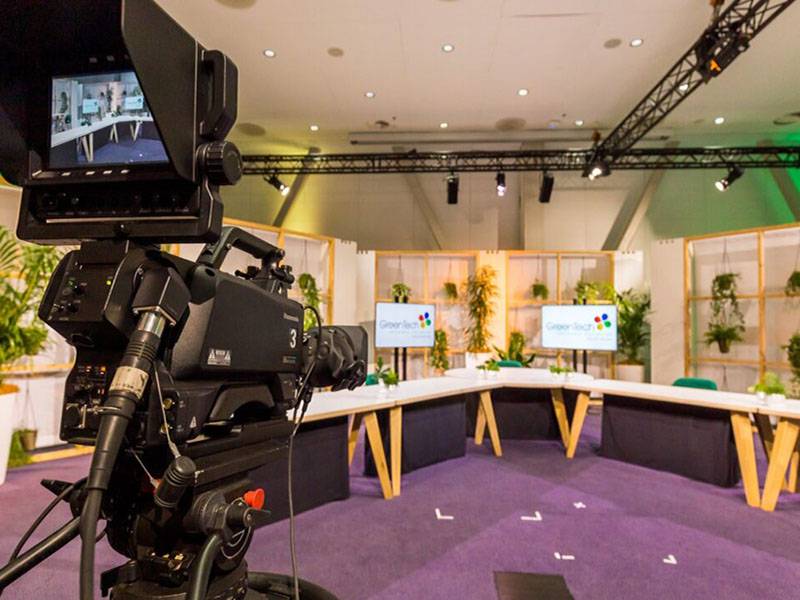How to Make Events Eco-friendly & More Sustainable in Tech Post-Pandemic

Over the past few years there has been an increased focus around the sustainability of events and how the industry can unite and support the ecological drive.
Many of us will remember that 2019 was the year of Greta Thunberg and major shifts toward corporate responsibility. The opportunity for change has never been more significant, and the 2020 ICE Benchmarking Research - in association with Cvent – argues that green events are back on the planner’s agenda, as ‘ensuring the sustainability of their events’ was voted the second most important issue over the next three years by 70% of respondents.
Technology already plays an important role in helping planners reduce the environmental impact of their events. Paper consumption has been dramatically reduced as email invitations, online registration and event check-ins are handled via mobile devices, tablets, and computers. In addition, mobile devices paved the way for event-specific apps, which provide attendees with valuable information at their fingertips.
Here are a few other ideas to help you produce eco-friendly events:
- Use online sourcing platforms that offer filters to find venues with eco-policies such as CO2 offset, recycling and re-purpose initiatives for furniture and fabrics. Also, check for ISO 20121, ISO 14001 or LEED certifications - it means the venue has objectives to improve waste, carbon and water management, and is independently verified.
- Consider hosting a hybrid event, as a virtual component can increase attendance while simultaneously lowering your overall carbon footprint.
- When it comes to transport and logistics there’s an ever-growing number of apps which support carpooling and green vehicles. Also, work with a local provider who can offer this to your event.
- Smart (NFC-enabled) badges allow the attendee journey to be tracked throughout the event. It’s important that these are recycled and the best way is to create clearly marked stations at the venue where attendees can leave their badges as they exit the event.
- Consider projection mapping over print and signage to reduce the costs of creating one-use designs and materials.
- Sustainable food and drink should encompass everything from province to plate. So, opt for local suppliers and reusable or biodegradable cups and utensils. Donate excess food by working with local organisations.
- Technology (as part of an event management platform) can be used to measure waste, electricity and water consumption, as well as overall CO2 emissions, this data can be leveraged to identify opportunities and strategically improve future events.
Going green not only helps reduce the impact on the environment, it makes savvy business sense by reducing the costs of utilities, fuel and catering. Don’t hesitate, make your next event greener.
Author: Felicia Asiedu is the Senior Marketing Manager for Event Marketing and Management solutions at Cvent Europe.
Other Articles
About Us
Supported by the Union of International Associations (UIA), the International Association of Professional Congress Organisers (IAPCO) and the Interel Group, the global public affairs and association management consultancy, Headquarters Magazines serve the needs of international associations organising worldwide congresses.














